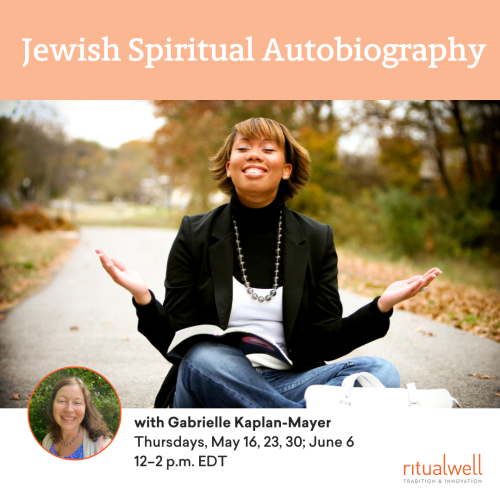When I think about HanukkahThe holiday which celebrates the rededication of the Temple in Jerusalem following its conquest by the Syrians in 165 BCE. The holiday is celebrated by lighting candles in a hanukiyah oon each of eight nights. Other customs include the eating of fried foods such as latkes (potato pancakes) and sufganiot (jelly donuts), playing dreidl (a gambling game with a spinning top), and, in present day America, gift giving., the theme that resonates most deeply is that of translation. As a child, I wholeheartedly bought into the idea that Hanukkah was a sort of Jewish Christmas… and not just because of the presents.
Like my Christian friends, I enjoyed songs, foods and stories as well as the warmth of family during my winter holiday. I appreciated how the holiday season put strangers in a good mood and how Christmas decorations made my city beautiful in the dark of winter.
I liked to think of Hanukkah as a Jewish Christmas because it created the illusion of parity. Between Thanksgiving and the New Year, Christmas was everywhere—from the drug store to my favorite radio station. If Hanukkah could be a Jewish Christmas, then it could also be important and relevant to the larger culture beyond my own family and Jewish community.
My parents say that when I was very young I used to walk through the winter streets listing off who was Jewish and who was not. If your house had lights and decorations, you were Christian. If your house sat dark and unadorned, you were Jewish. (It was inconceivable that Christians would opt not to dress up their properties and so I just assumed that 75% of the world was Jewish.) I regretted that Jewish tradition did not seem to include gaudy Hanukkah decorations, but I was proud that there seemed to be so many Jewish Americans. (I grew up in diverse, left-leaning, neo-hippie neighborhood that had more Jewish families than most neighborhoods, but not that many. … Still, there were probably more Jewish families than televisions on most blocks!)
Hanukkah was important to my Jewish identity, but not because of the holiday itself. It was the interplay between Christmas and Hanukkah—and their many similarities—that caused me to reflect on what I practiced and why. It was Hanukkah (and, by extension, Judaism) in relation to other possibilities that was important.
Unexpectedly, it is now the idea of translation within a Jewish context that informs my Hanukkah traditions—and in ever more literal ways. In recent years, I’ve watched my parents perfect their Hanukkah repertoire, every night singing the same collection of songs that range from Hebrew to Yiddish to English. This feels like the most important lesson Hanukkah has to teach about ritual and translation: there is not one Jewish community, one Jewish practice, one manner of Jewish celebration that stands in opposition to the non-Jewish world. There is not one privileged Jewish community to be translated for all others. One of the most popular Hanukkah customs—the dreidelA four-sided top bearing the letters "nun," "gimel," "hay," and "shin" for "nes gadol haya sham" - a great miracle happened there. In Israel, dreidels have a "peh" for "po" (here) -- a great miracle happened here. Played with on Chanukah in a gambling game, traditionally using chocolate gelt as the wager. game—reinforces this lesson. While the diaspora dreidel reminds us that “a great miracle happened there,” the Israeli dreidel celebrates that “a great miracle happened here.” The miracle is no less great for having happened “there” instead of “here.” This small act of translation feels like an enormous acknowledgment: that all Jewish communities are valid and relevant.
My family’s Hanukkah practice explores the holiday in the various Jewish contexts with which we feel connected—Bessarabian shtetls and working class Philadelphia neighborhoods alike. Hanukkah is not a consolation prize for Jewish children who envy Christmas, but an opportunity for us to engage with the diversity of the Jewish community and to make sense of our tradition in each new time and place.
JM Poses works for Ritualwell and the Reconstructionist Rabbinical College.






